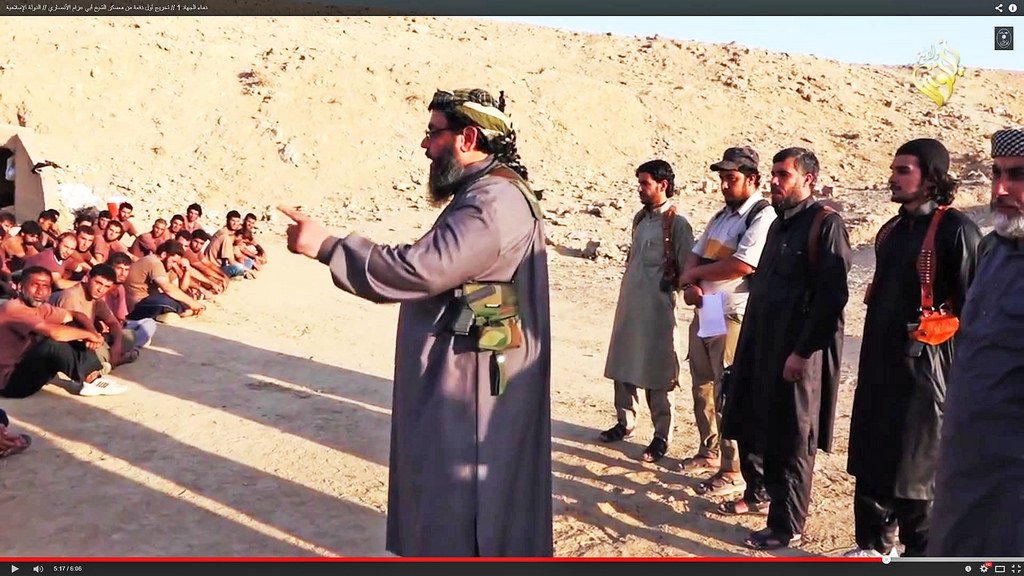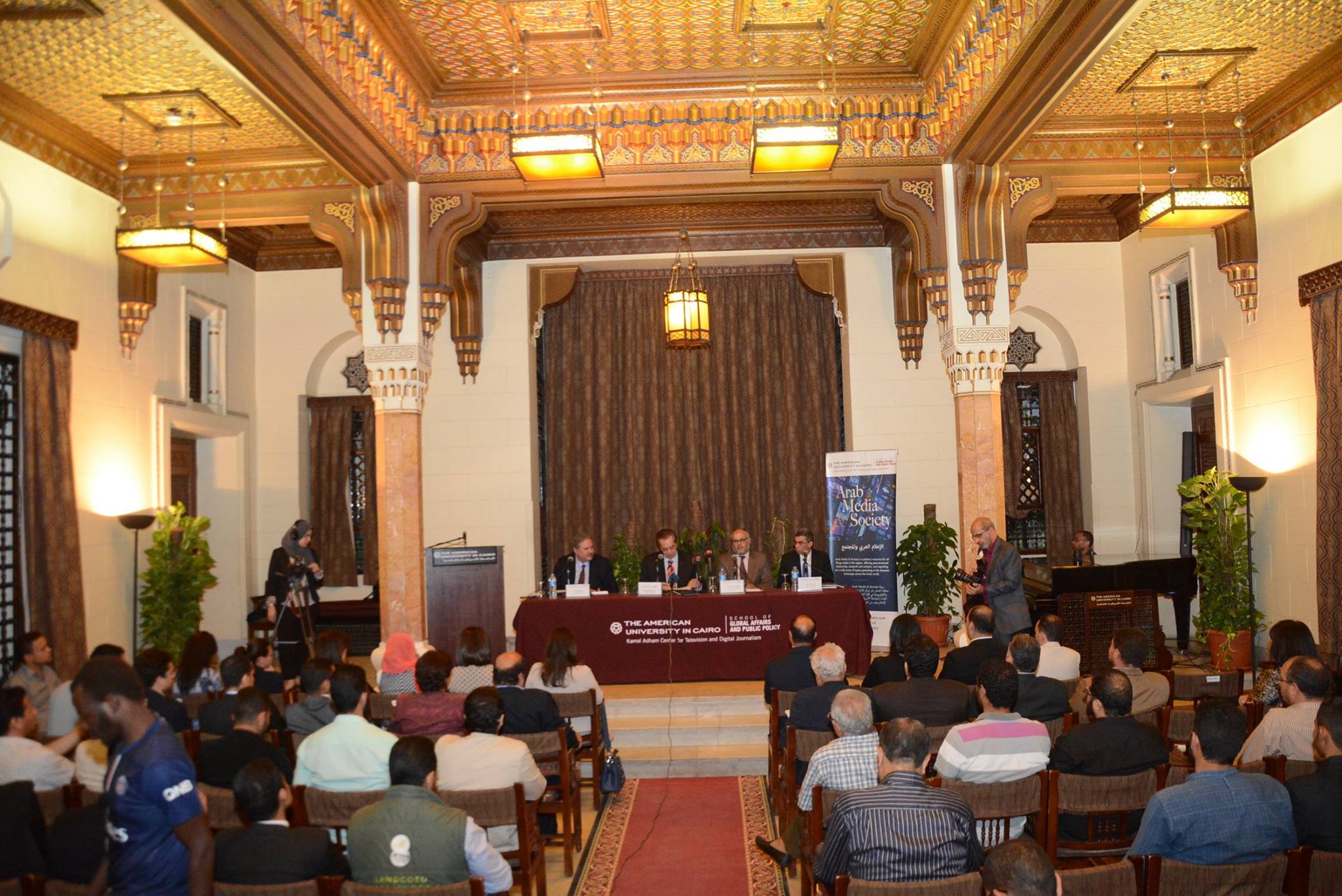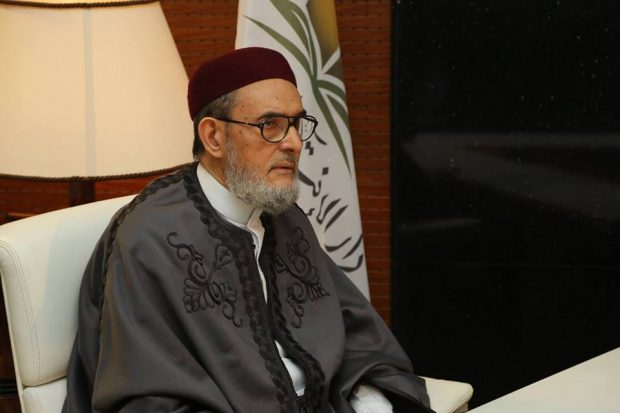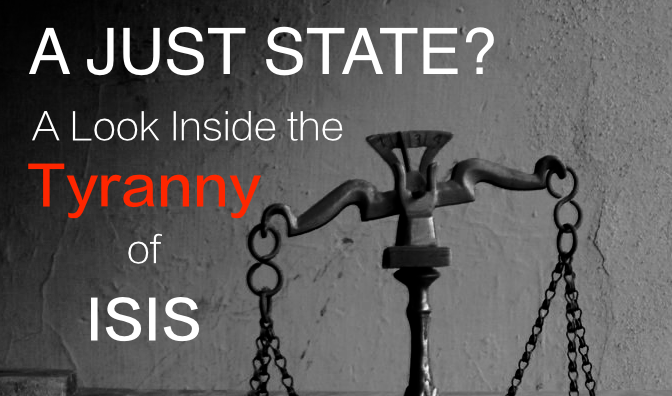Seib, P. (2017). As Terrorism Evolves: Media, Religion and Governance. Cambridge, U.K.: Cambridge University Press. USC journalism professor Philip Seib has done a great service for those who follow media-driven events connected with terrorism inspired by Middle East- and Africa-based terror groups that have, for many, become household names, such …
Read More »Picturing Law and Order: A Visual Framing Analysis of ISIS’s Dabiq Magazine
Abstract The rise of ideologically-driven lone actor terrorist attacks, coupled with the use of Internet-circulated media products as sources of inspiration, raises the need to understand the message strategies embedded in media campaigns of groups like ISIS. To better understand “enforcers” of ISIS’ interpretation of Shari’a law on the global …
Read More »Sources of Resilience in Political Islam: Sacred Time, Earthly Pragmatism, and Digital Media
Patience. [The member] should have plenty of patience for enduring afflictions if the enemies overcome him. He should not abandon this great path and sell himself and his religion to the enemies for his freedom. He should be patient in performing the work, even if it lasts a long time. …
Read More »Combating Hate Speech and Youth Radicalization
On December 30, the UK's Security Minister Ben Wallace harshly criticized tech giants like Google, Facebook, and YouTube for not doing enough to combat "terrorism online". He called on them to remove online content that could lead to radicalization. "2018 is a time to deliver. We know they can do …
Read More »REPORT | Media and Politics: An Arab Media & Society Symposium
The Kamal Adham Center for Television and Digital Journalism in the School of Global Affairs and Public Policy at the American University in Cairo (AUC) hosted a symposium on “Media and Politics” on Wednesday, May 24, 2017. The symposium, which brought together professors specialized in multiple scholarly disciplines, senior journalists, …
Read More »Stickers Against Libya’s Grand Mufti Provoke Social Media Ire
August 15, 2016—Activists expressed anger on social media today in response to stickers spread throughout Tripoli slandering Libya's Grand Mufti, Sheikh Sadiq al-Gharyani. The stickers appeared under the cover of dark late last night. Posts defending the Mufti flooded Facebook with the hashtag "Sheikh Sadiq Al-Gharyani represents me."
Read More »PODCAST | A Just State? A Look Inside the Tyranny of ISIS
Mara Revkin, PhD candidate in Political Science at Yale University, unveils the legal structure, recruitment, and media management of the infamous yet understudied so-called Islamic State (ISIS). As part of her research, she has conducted interviews with defectors and individuals who have escaped ISIS occupied territory. She has also interacted with active members. In the podcast, Revkin explains the legal structures of ISIS and why it is appealing to followers.
Read More »Thinking and Writing About Terrorism: Reflections on an Uncertain World
I am writing a book that will be called Confronting Terrorism. It examines the evolution of terrorism that culminates, for now, in the Islamic State’s ability to hold and “govern” substantial amounts of territory. This requires me to immerse myself in both the literature of terrorism and to view, from a distance, the nasty realities of this topic. I do not pretend to be as intimately involved as are the people who must live under terrorism’s darkest shadows every day. But I think a lot about how terrorism’s presence changes our world...
Read More »Roots of Religious Extremism: The Muslim Brotherhood and the Four Faces of Tyranny
One way of getting to the “root causes” of terrorism and religious extremism in the Middle East is to examine the thinking of the mother organization of all groups and movements espousing violence and terrorism. Fortunately, the history of the Muslim Brothers is well researched. The revelations of the organization reflect a great deal of inconsistencies between the general and the specific: public pronouncements and specific documents, theory and practice, English and Arabic.
Read More »Obsessing over Jihadi Otherness: Radicalism’s Evolution and the Failure of the Post-Colonial Arab State
The rise of the Islamic State group (which will be referred to as ISIS), from the perspective of those in the Middle East drawn to it, rather than Europe where the French scholar Olivier Roy has proposed the idea of the “Islamization of radicalism,” can be discussed within the framework of a number of deeper phenomena in Arab societies since the mid-twentieth century.
Read More » Arab Media & Society The Arab Media Hub
Arab Media & Society The Arab Media Hub









